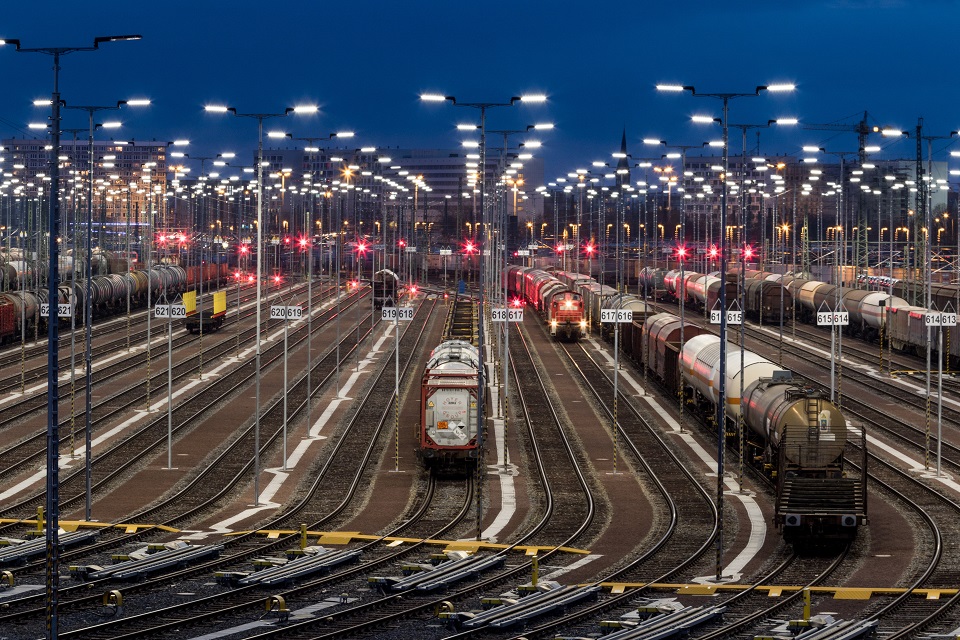Digital Automatic Coupling high on European agenda

Digital Automatic Coupling has been marked high on the rail freight agenda of Europe. Already a key project when it comes to the digitalisation drive of the industry, it received the backing of the Rail Freight Forward coalition, which signed a Memorandum of Understanding to promote the technology throughout Europe.
RFF promotes the renewal of rail freight through technological pillars such as European Railway Traffic Management (ERTMS), Automatic Train Operation (ATO), Digital platforms and Digital Automatic Coupling (DAC). Automated coupling makes for a more efficient rail freight operation. “Within the next ten years, the coupling in Europe should not only be automated but also digitalised. With digital automatic coupling, you also gain data and energy”, explained Clemens Först, CEO at ÖBB Rail Cargo Group, one of the RFF members.
Main advantages
As coupling/decoupling is one of the two main procedures in train operations (train assembly and train driving), its automation is of utmost importance. Europe is trailing the world in this respect, as it is the last continent to use standard manual couplers. The sector proposes to fully deploy the DAC technology latest until 2030.
This will significantly improve competitiveness of the rail sector’s operations, believes RFF. It will provide electricity and pave the way for automated brake testing and electro-pneumatic brakes. Moreover, it will enable train consistency checks, which is an infrastructural prerequisite required for the introduction of ERTMS level 3.
DAC4EU
The DAC4EU consortium is currently already working hard on the rollout. The first tests journeys are currently carried out with what are now still prototypes. These tests run until the start of 2021. Based on this experience, a coupling design will be selected. The industry will have to agree on a coupling design that meets everyone’s requirements. A so-called “demonstrator train” will then drive through Europe in order to gain more operating experience.
DAC is considered the unique chance to revolutionise European rail freight transport, as it is an essential element to transform railway operations management. DAC brings more capacity for shifting freight transport to rail through new technologies and innovations, thus providing a foundation for climate protection and economic growth. With the signing of the MOU, the sector aims to promote DAC throughout Europe and fully supports the ambitions of the German Council Presidency on implementing DAC across Europe.
Also read:
‘Digital automatic coupling should revolutionise European rail freight’
You just read one of our premium articles free of charge
Want full access? Take advantage of our exclusive offer





